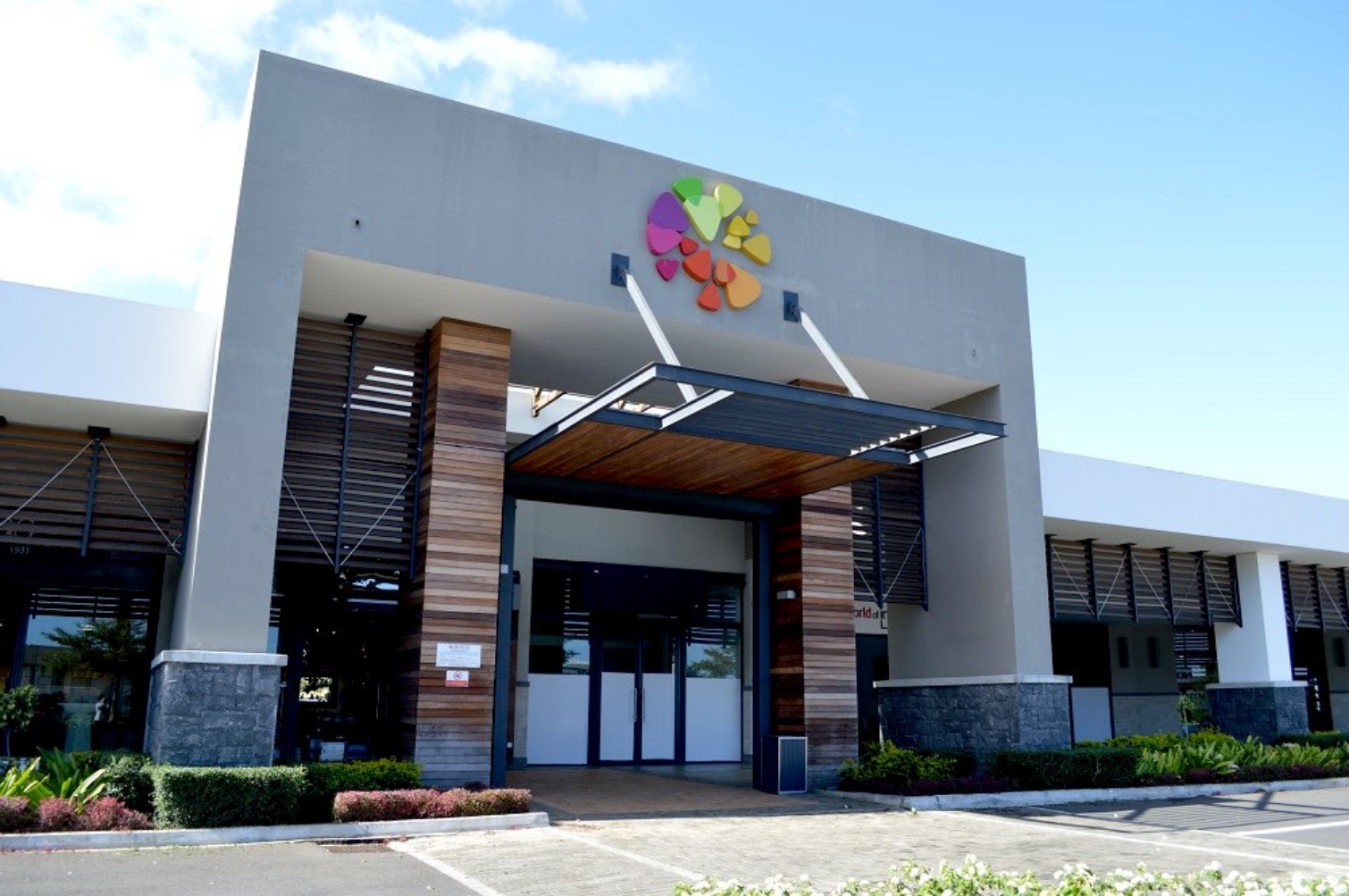At a Glance
- Ascencia dominates Mauritius’s retail sector with seven malls hosting over 500 stores.
- The company drives 22 million annual visits through its connected retail network.
- Backed by Rogers Group, Ascencia anchors commerce, culture, and sustainability in Mauritius.
Ascencia, Mauritius’s largest property investment company, has quietly reshaped the island’s retail landscape through a portfolio of seven malls, Bagatelle, Phoenix, Riche Terre, Bo’Valon, So’flo, Kendra, and Les Allées.

Controlled by Mauritian industrialist Hector Espitalier-Noel and now chaired by the heir, Gilbert Espitalier-Noel, the company has become the cornerstone of modern retail life in Mauritius.
Together, its malls host more than 500 stores and draw around 22 million visitors each year, turning Ascencia into the central hub of shopping, dining, and leisure across the island.

Backed by the Rogers Group and listed on the Stock Exchange of Mauritius, Ascencia connects commerce, community, and culture in a single network, a model that has helped it rank among the exchange’s leading companies.

With assets valued at MUR18.2 billion ($399.76 million) as of the 2024 fiscal year, Ascencia stands today as the dominant force in the country’s commercial retail sector.
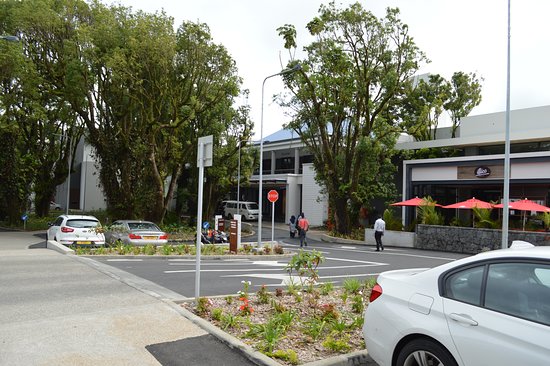
Blending place-making and retail strategy
Launched by the Rogers Group and listed on the Stock Exchange of Mauritius, Ascencia’s portfolio reads like a snapshot of the island’s economy: Bagatelle, Phoenix, Riche Terre, Bo’Valon, So’flo, Kendra, and Les Allées. Together, they host more than 500 retail units, several hypermarkets, cinemas, and food and leisure zones that draw roughly 22 million visitors each year.
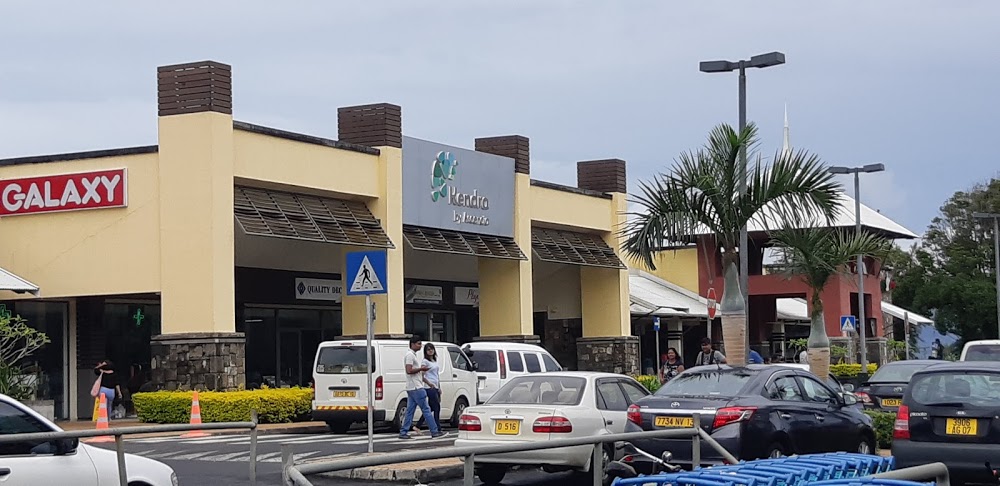
That reach is no accident. It stems from years of planning that linked convenience, entertainment, and everyday shopping into a single, connected network of spaces that now form part of the Mauritian routine.
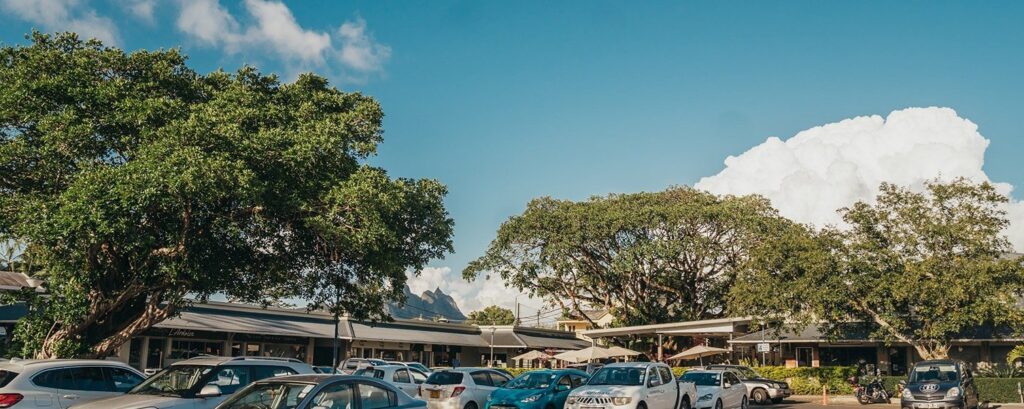
Bagatelle Mall, Ascencia’s flagship in Moka, sits at the heart of that network. It’s where national retailers test new formats and where families gather for events. Phoenix and Riche Terre capture commuter and northern spending, while smaller malls serve neighborhood needs, spreading both opportunity and stability across the island.

Building resilience through steady management
Ascencia’s growth story is one of patience and consistency. Since 2008, it has expanded through careful management rather than rapid expansion.
The company kept vacancies low, refined its tenant mix, and adjusted to changing consumer habits. In fiscal 2024, revenue reached about MUR1.31 billion ($28.69 million), trading densities rose, and vacancy rates dropped to single-digit lows, a solid result in a small, tourism-sensitive economy.
Behind those figures is a hands-on approach: anchor-led formats, upgraded spaces, and regular community events that keep people coming back. Art installations, family outings, and food festivals across its malls turn shopping into a day out, helping brick-and-mortar retail stay relevant.
From sustainability checklist to shared priority
Ascencia’s malls are evolving from retail hubs into community centers with a focus on sustainability.
The company has invested in energy efficiency, water recycling, and waste reduction, particularly in large sites such as Bagatelle. For an island with limited natural resources, such steps are both practical and necessary.
The company’s reports increasingly highlight environmental and social performance, not just profit. These efforts point to a broader recognition that long-term growth must also respect the island’s ecology.
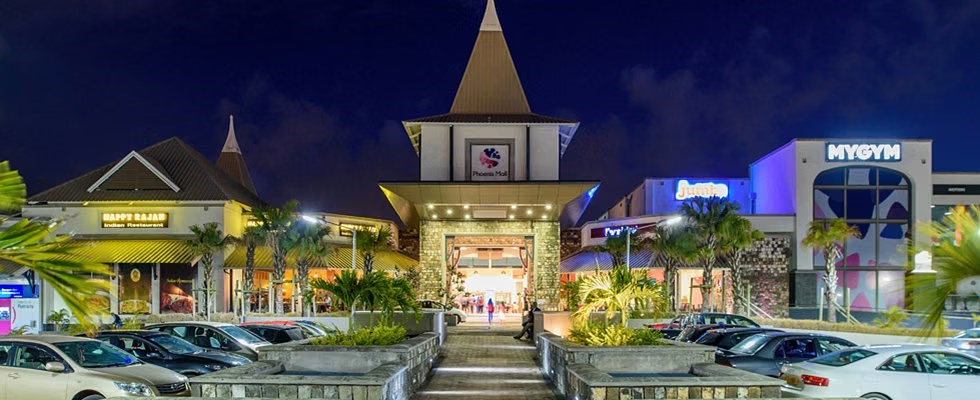
Anchoring both local life and tourism
Ascencia’s malls serve two audiences simultaneously: locals and tourists. Bagatelle’s proximity to major hotels and Moka’s growing residential zones make it a convenient hub for both.
Tourists find familiar global brands, while locals view the same spaces as extensions of their daily lives.
For international and regional retailers, this dual appeal turns Ascencia’s network into a natural entry point into Mauritius, offering scale, visibility, and dependable footfall.
Governance and the Rogers Connection
Born from the Rogers Group, Ascencia benefits from disciplined governance and financial transparency. Its near-perfect rent collection and long lease terms give investors confidence.
The structure also allows flexibility, renegotiating leases, redesigning spaces, and testing new dining or entertainment concepts without losing focus on its retail core.
The single-island challenge
Ascencia’s strength is also its risk: every asset lies within Mauritius. Shocks from tourism, new regulation, or rising competition can ripple across the portfolio.
Rivals like La Croisette and Caudan Waterfront, along with the gradual rise of e-commerce, add competitive pressure.
The company’s response has been to deepen its community role and strengthen everyday anchors such as supermarkets, keeping the malls essential to local life.
What Ascencia means for Mauritius
Ascencia has become part of Mauritius’s social fabric. Its malls shape how families spend weekends, celebrate holidays, and interact with brands. They support thousands of jobs, host small retailers, and bring services closer to home.
In a country where few businesses achieve national reach, Ascencia did so through consistency and relevance — not grand gestures. Its malls now influence how cities grow and how people experience urban life.
A commercial anchor for the Island’s next chapter
Ascencia’s seven malls show that organized retail can do more than sell goods, it can connect people and provide steady value in a small economy.
The next phase lies in evolution: keeping Bagatelle vibrant, upgrading smaller sites, and ensuring its single-island focus remains resilient.
When Mauritians talk about modern retail, they talk about Ascencia, not because it dazzles, but because it endures. It’s a company that earned trust one mall at a time, proving that in Mauritius, reliability can be its own form of innovation.

